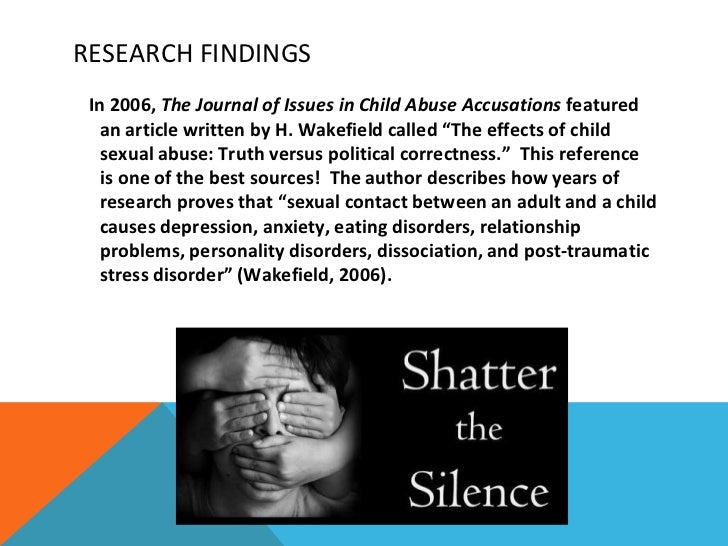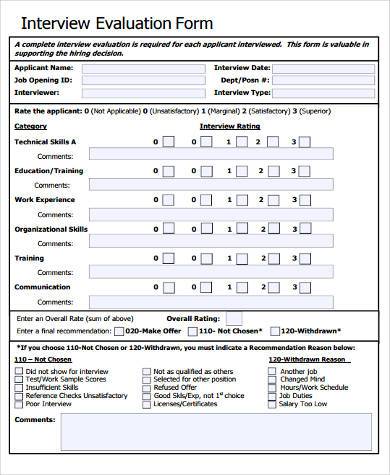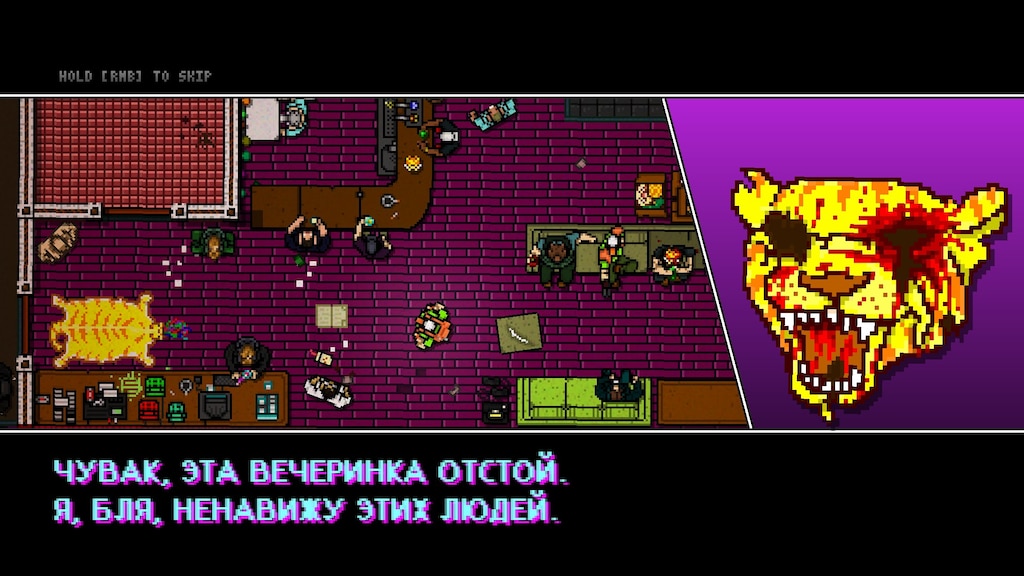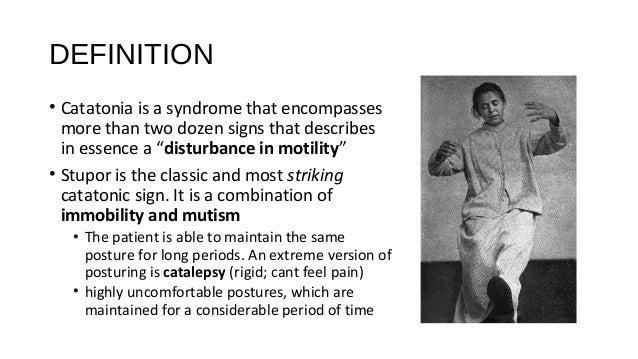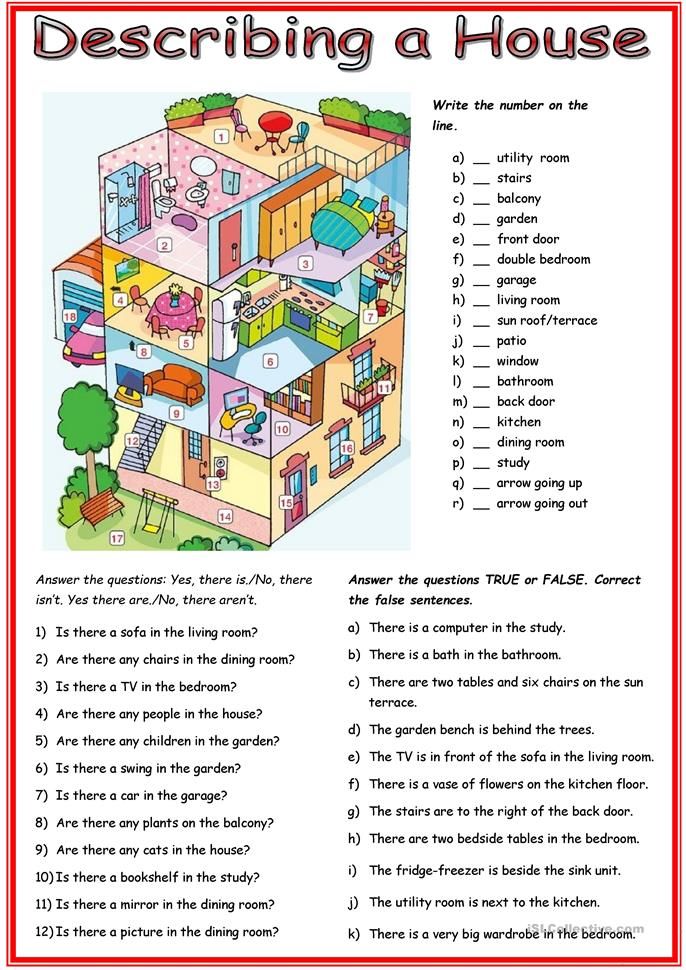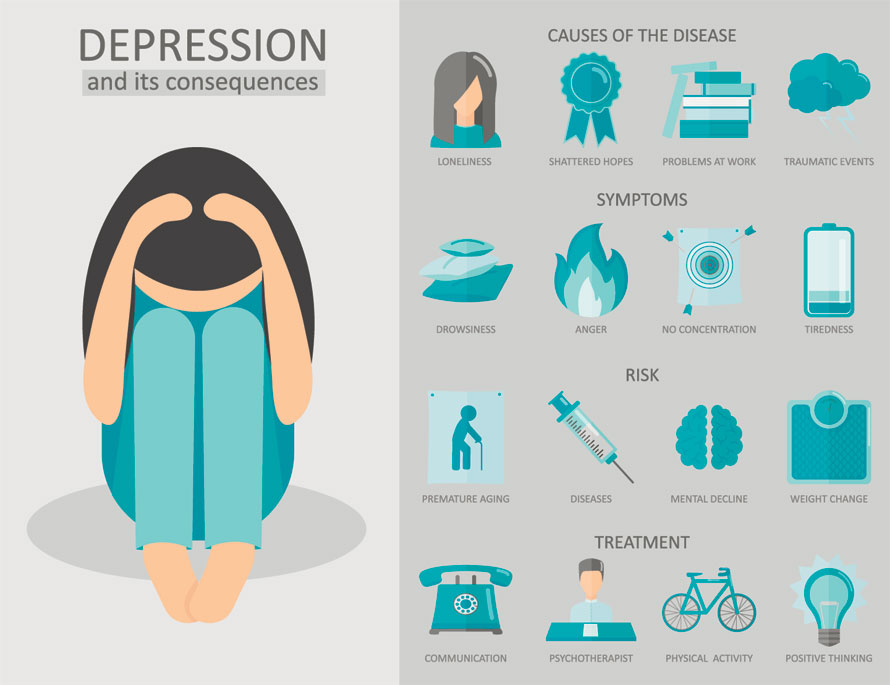What is a toxic parent
How To Identify Them And What To Do If It’s Your Family
| What are toxic parents | Signs | Effects | How to deal with your toxic parents |
You can always divorce an abusive spouse. You can split up with a mistreating partner. But what if your parents are the ones who are making you suffer?
It is true that even the best parents fall short from time to time. While there is no perfect parent, most are good enough. However, a few are downright toxic.
What Are Toxic Parents?
Toxic parents create a negative and toxic home environment. They use fear, guilt, and humiliation as tools to get what they want and ensure compliance from their children. They are often neglectful, emotionally unavailable, and abusive in some cases. They put their own needs before the needs of their children. Children who grow up in such dysfunctional families experience toxic stress on a daily basis.
Many toxic parents will never admit their parenting style is wrong, hurtful, or damaging. It is common for parents to cling to their parenting style, insisting that it is in the child’s best interest or that it is their normal style of parenting.
Abusive behaviors of toxic parents negatively affect their children in the short term as well as well into adulthood.
In psychology, the term used most often to describe toxic parents is narcissistic parents. In severe cases, these parents suffer from personality disorders such as narcissistic personality disorder1.
A toxic mother or father will often display a litany of toxic behavior, including 2
Self-absorbed
Toxic parents tend to be self-centered, putting their own needs before their children’s. Such parents are self-absorbed, emotionally unavailable, and do not have empathy for others.
Rigid
They insist their opinions and values are right and others’ opposing ones are wrong. These parents will force their children to adopt the same opinions and values.
Easily offended
Toxic parents tend to be very sensitive to criticism.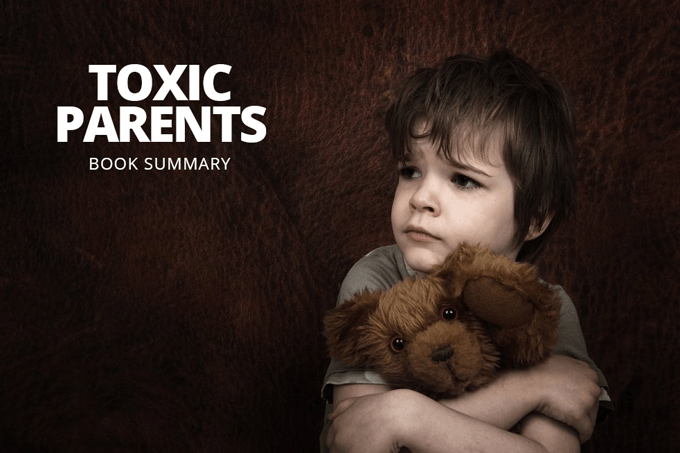 Whenever their opinions, values, or actions are challenged, their inability to control emotion leads to emotional outbursts and unpredictable, reactive behavior.
Whenever their opinions, values, or actions are challenged, their inability to control emotion leads to emotional outbursts and unpredictable, reactive behavior.
Emotional instability
Some toxic parents have explosive tempers and they are high in hostility. A toxic parent can be an unpredictable parent. At the slightest provocation, they become dramatic, hostile, aggressive, and cruel.
Manipulative
Parents who are toxic are manipulative. They may use guilt or silent treatment to control their children. They may also twist the truth to their advantage and play the victim to get what they want.
Abusive
Verbal abuse and emotional abuse are commonplace in toxic families. Yelling, screaming, and name-calling are their primary means of communication with their children.
Any form of assertiveness, individual differences, or rebellion is seen by toxic parents as a personal attack. They use physical pain to discipline and enforce abusive family rules.
Some abusive parents don’t stop there. The children can also suffer from physical abuse and sexual abuse.
Extremely Controlling
Toxic parents thrive on control. Their parenting style is often authoritarian. They tend to use fear to ensure compliance.
The unreasonable demands of parents can follow these kids into adult lives.
Additionally, some control their child in order to live vicariously through them.
Blaming Everyone Else
Toxic parents never take responsibility for their actions and are usually in complete denial. They blame everyone around them for the turmoil, tension, and hostility within the household.
Effects Of Toxic Parenting On Children
Toxic parent-child relationships can have an immense impact on children’s healthy development. Children and adult children of abusive parents may experience the following challenges.
Mental health
Prolonged childhood stress and adverse childhood experiences (ACEs) can adversely affect children’s brain development and harm their physical and mental health3.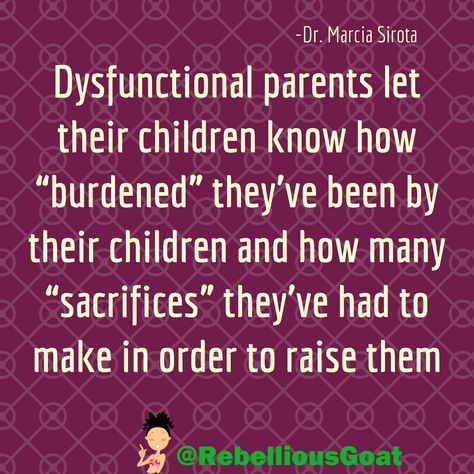
Children of narcissistic parents often have higher incidences of depression4. Lacking emotional regulation skills is also a common issue for these children5. It is more likely they will suffer from PTSD later in life6.
Physical health
In addition to the psychological effects of toxic environments in the home, children who live in a home where abuse and neglect are prevalent tend to have compromised immune systems.
Our biological systems are profoundly affected by the environments in our early years. Children living in toxic environments are more likely to develop asthma, hypertension, obesity, diabetes, and cardiovascular disease.
Outcomes
Children from abusive dysfunctional families tend to have lower self-esteem. They are also linked strongly to behavioral issues. Adolescents are at risk for antisocial behavior and drug use7.
Because they didn’t form a secure attachment with their parents, adult children may have a difficult time forming intimate relationships or maintaining healthy relationships with others8.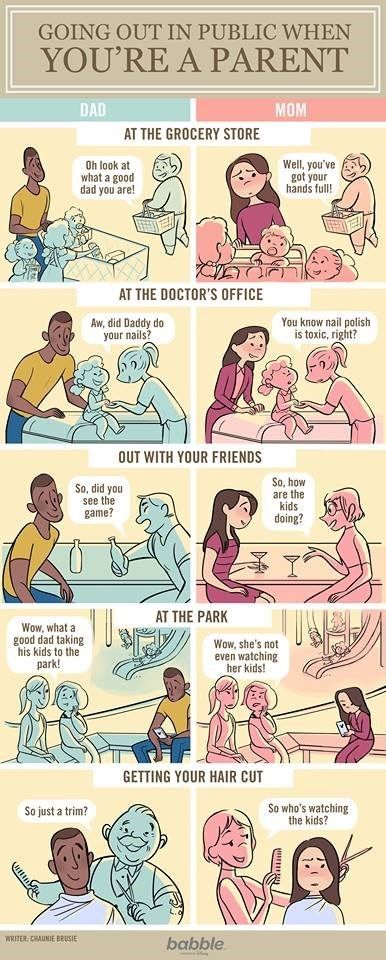
How To Deal With Your Toxic Parents
If you are a child with toxic parents, seek help from teachers and school counselors as soon as possible. You will need help and guidance to deal with the toxic behavior of parents.
If you are an adult child, your journey to adulthood has been tough, but you’ve made it. Now it’s time to help yourself heal.
Create a support network
The assumption that parents always love and protect their children is not universally true.
Unfortunately, or fortunately for them, most people don’t understand or believe this because they haven’t gone through it. “Blood is thicker than water” describes the importance of loyalty and family ties to those with loving parents.
It hurts when the people who were supposed to love you hurt you. But it hurts even more when you tell a trusted friend about this painful past, only to hear them scold you for being an ungrateful child.
So, it is important that you create a support network of people who will listen to you and support you.
It can be an empathetic friend or an experienced psychologist. Surround yourself with people who will help you heal rather than make you feel worse about yourself.
Set Boundaries And Stick To Them
Most abused children understand that they must set personal boundaries with their toxic parents. But this is easier said than done.
Bonding is hard-wired into us, especially to our caregivers, even if they do not treat us well. Despite being mistreated, many children still hope to gain their parents’ complete approval and acceptance.
We cannot change others (you’ve probably tried for a long time). Toxic people will probably never change unless they seek help for themselves. Focus on what you can control and manage your own expectations and reactions, rather than hoping for change.
At some point, you’ll need to take care of your own psychological wellbeing if the painful relationship patterns don’t seem to improve.
Cutting off contact and forgoing the toxic relationship because your parents cannot follow healthy boundaries may seem like a drastic measure, but your mental health and emotional health are more important.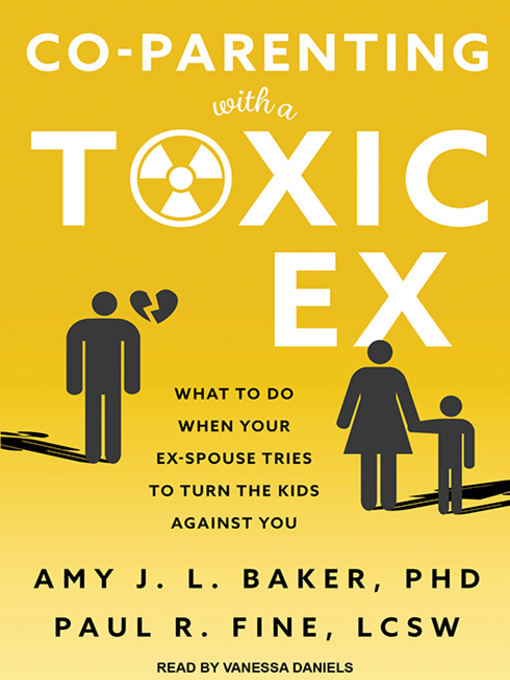 You need to protect yourself from harm.
You need to protect yourself from harm.
Seek mental help
Children who suffer from anxiety, depression, PTSD, or other psychological issues need to seek help from mental health professionals.
Psychiatrists and psychologists are not only able to treat mental disorders, but can also provide strong support for those coping with issues resulting from childhood trauma such as:
- You have a constant feeling of being trapped in the pain of childhood.
- You are suffering because of your anger towards your parents.
- You are afraid people will not like you, so you work hard to please them you seek constant approval9
- Your insecure attachment leads to difficulty in relationships.
- You have been involved in intimate partner abuse and domestic violence.
You can work through these issues with the help of an experienced therapist and rebuild the happy life you deserve.
Also See: Toxic Things Parents Say
Final thoughts on toxic parents
Fortunately, the damage caused by toxic parents is not written in stone.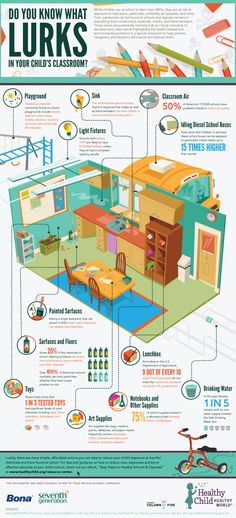 Neuroplasticity allows us to rewire our brains for happiness with new experiences. The importance of having healthy adult relationships and a support network cannot be overstated.
Neuroplasticity allows us to rewire our brains for happiness with new experiences. The importance of having healthy adult relationships and a support network cannot be overstated.
References
-
1.
Dutton DG, Denny-Keys MK, Sells JR. Parental Personality Disorder and Its Effects on Children: A Review of Current Literature. Journal of Child Custody. Published online October 2011:268-283. doi:10.1080/15379418.2011.620928
-
2.
Brown NW. Children of the Self-Absorbed: A Grown-up’s Guide to Getting over Narcissistic Parents. New Harbinger Publications; 2008.
-
3.
Johnson SB, Riley AW, Granger DA, Riis J. The Science of Early Life Toxic Stress for Pediatric Practice and Advocacy. Pediatrics. Published online February 1, 2013:319-327. doi:10.1542/peds.2012-0469
-
4.
Dentale F, Verrastro V, Petruccelli I, et al.
 Relationship between parental narcissism and children’s mental vulnerability: Mediation role of rearing style. International Journal of Psychology & Psychological Therapy. 2015;15(3):337–347.
Relationship between parental narcissism and children’s mental vulnerability: Mediation role of rearing style. International Journal of Psychology & Psychological Therapy. 2015;15(3):337–347. -
5.
Murray DW, Rosanbalm KD, Christopoulos C, Hamoudi A. Self-Regulation and Toxic Stress: Foundations for Understanding Self-Regulation from an Applied Developmental Perspective. .; 2015.
-
6.
Margolin G, Vickerman KA. Posttraumatic stress in children and adolescents exposed to family violence: I. Overview and issues. Professional Psychology: Research and Practice. Published online December 2007:613-619. doi:10.1037/0735-7028.38.6.613
-
7.
Schilling EA, Aseltine RH Jr, Gore S. Adverse childhood experiences and mental health in young adults: a longitudinal survey. BMC Public Health. Published online March 7, 2007. doi:10.1186/1471-2458-7-30
-
8.
Miga EM, Hare A, Allen JP, Manning N.
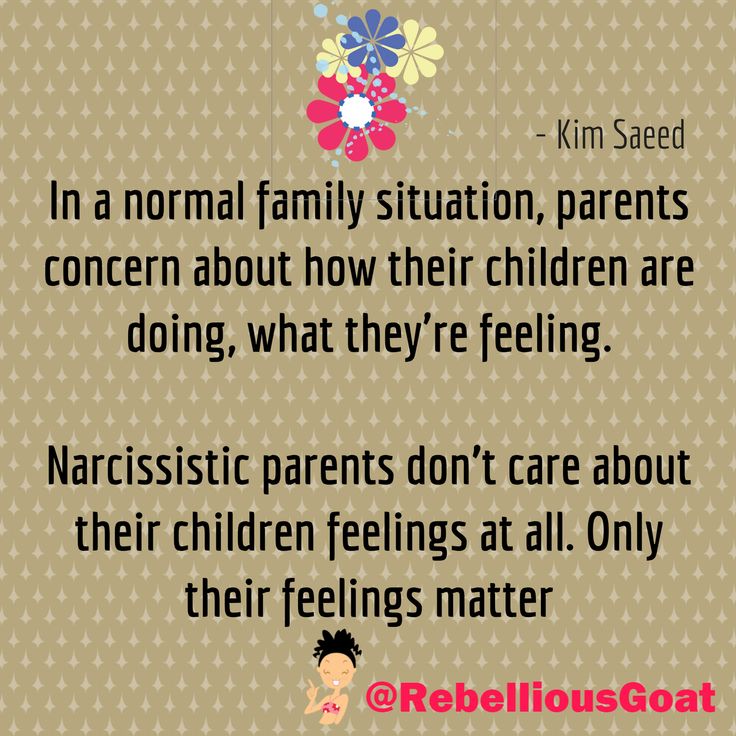 The relation of insecure attachment states of mind and romantic attachment styles to adolescent aggression in romantic relationships. Attachment & Human Development. Published online September 2010:463-481. doi:10.1080/14616734.2010.501971
The relation of insecure attachment states of mind and romantic attachment styles to adolescent aggression in romantic relationships. Attachment & Human Development. Published online September 2010:463-481. doi:10.1080/14616734.2010.501971 -
9.
Rappoport A. Co-narcissism: How we accommodate to narcissistic parents. The Therapist. 2005;1:1-8.
About Pamela Li, MS, MBA
Pamela Li is a bestselling author. She is the Founder and Editor-in-Chief of Parenting For Brain. Her educational background is in Electrical Engineering (MS, Stanford University) and Business Management (MBA, Harvard University). Learn more
View all posts by Pamela Li, MS, MBA | Website
7 Signs of a Toxic Parent and How to Cope – Cleveland Clinic
It’s not unusual to have a complicated relationship with your parents. Just like you, your parents are only human, subject to the same reactions and emotions. But where’s the line between familial bickering and toxic behavior?
Recognizing that you have a toxic parent – and that you may be parroting that behavior – can be harder than realizing a friend or colleague is toxic.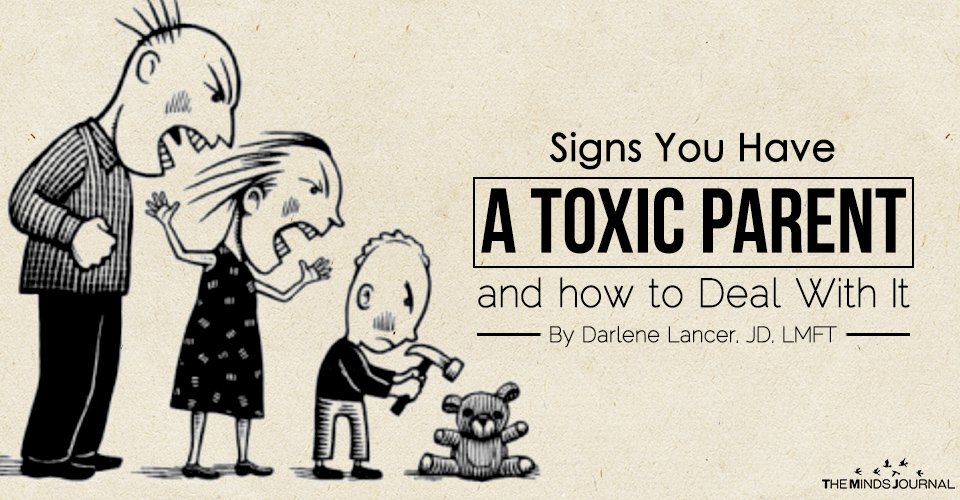 Because they’re your parents, you want to give them the benefit of the doubt. And because you’ve been around their behavior your entire life, it can be hard to tell what’s negative and what’s positive.
Because they’re your parents, you want to give them the benefit of the doubt. And because you’ve been around their behavior your entire life, it can be hard to tell what’s negative and what’s positive.
But there are ways you can tell if your parents’ behavior is toxic. And as emotionally taxing as it may be, there are ways to cope. To get a better idea of what to look for and how to handle your boundaries, we spoke with psychologist Chivonna Childs, PhD.
What is a toxic parent?
A toxic parent, says Dr. Childs, is a parent that puts their needs before their child. “They’re more self-centered than other-centered,” she adds. Coupling these with other traits can give you a good idea of whether or not your parent or parents are toxic.
“Any time you think a person is toxic, you look at their behavior. Those traits can belong to our parents as well,” she adds. “Those are signs of toxic people. Our parents are individuals, they’re people. They just happen to be our parents.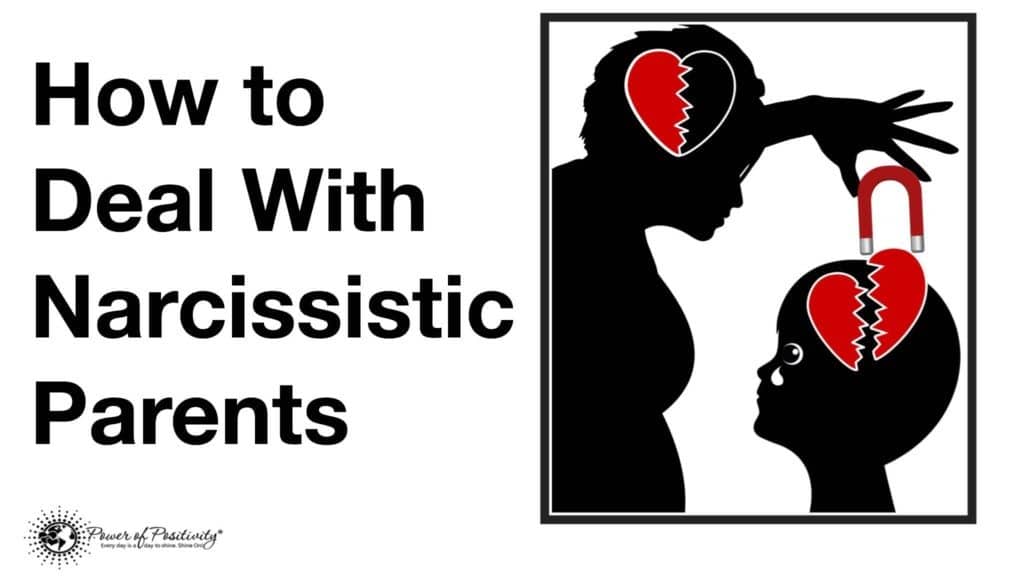
What are the traits of a toxic parent?
Dr. Childs says these are traits to look for if you believe you may have toxic parents:
- Self-centered behavior: As Dr. Childs mentioned before, it’s a big sign when parents put priority on their needs over that of their children.
- Physical abuse: This, Dr. Childs says, is physical abuse that goes beyond certain disciplinary actions, like spanking. “This is abuse that is disproportionate to what the child did. It’s unwarranted,” she says.
- Verbal abuse: Yelling, screaming, name-calling and blaming are all examples, she notes.
- Emotional abuse: One example, Dr. Childs says, is stonewalling your child if they’ve done something wrong; in other words, giving them the silent treatment for hours or even days at a time.
- Blaming the child: Making something feel like it’s a child’s fault, particularly if it’s nothing they can control like marital problems, is another form of toxic behavior.
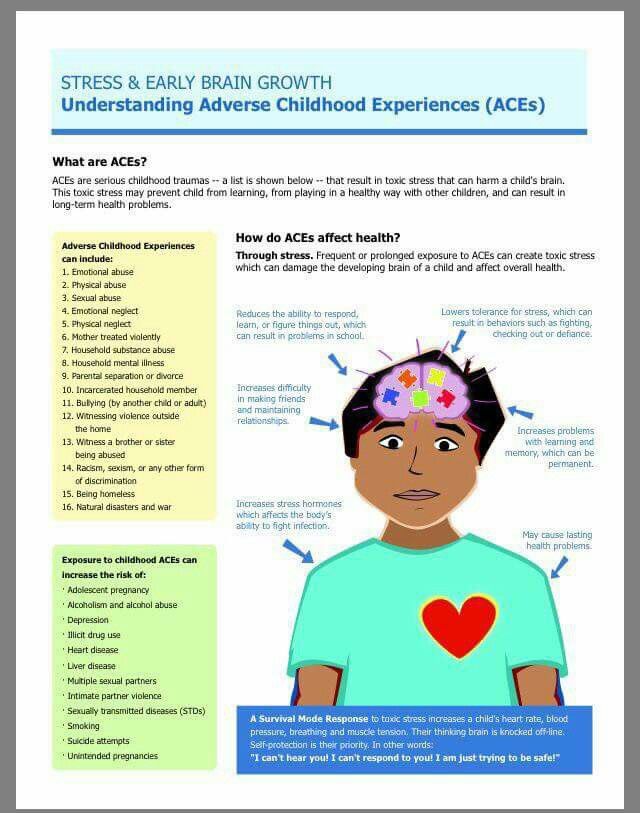
- Manipulation: “We’ve all had those guilt trips from our parents,” Dr. Child says, “but that’s normal. The manipulative kind of behavior goes beyond that, an extreme form so that the parent always gets what they want.”
- Inability to respect boundaries: Just as with friends and colleagues, an inability to respect boundaries is another sign of toxic parenting.
What are the effects of toxic parenting?
Toxic parenting can have a devastating effect on a child in both the short and long term.
Feeling trapped
One of the biggest short-term consequences for a child who is the victim of toxic parenting is a constant feeling of being trapped. “Whether it’s physical, verbal or emotional abuse, you feel trapped if you’re a child,” Dr. Childs says. “It’s not like a child can just get up and leave, to go live on their own. You’re left at the mercy of the people who love and take care of us.”
Advertising Policy
Impact on future relationships
Even more disturbing are the long-term effects toxic parenting can have on a child. “Your parents are your introduction to the world,” notes Dr. Childs. “We think what we see in their behavior is normal until you’re 5 or 6 years old.”
“Your parents are your introduction to the world,” notes Dr. Childs. “We think what we see in their behavior is normal until you’re 5 or 6 years old.”
If you’re the child of toxic parents, she says, it’s only then that you’re old enough to realize that perhaps that toxic behavior isn’t normal. By that point, though, much of the damage has been done.
“These are learned behaviors that we can continue to perpetuate on others as well as our own children,” she adds. “If you’re raised thinking that toxic behavior is normal, then you’ll think that’s how you’re supposed to behave with your children, too.”
It can damage relationships outside your family, too. “If we don’t understand how to treat people and how to be in reciprocal relationships, where there’s a give and take, then it can spread beyond your family, too,” she adds.
How to cope with a toxic parent
It can be difficult to realize you’re the victim of toxic parenting as a child. But as you get older, you may recognize more and more that what you experienced wasn’t normal.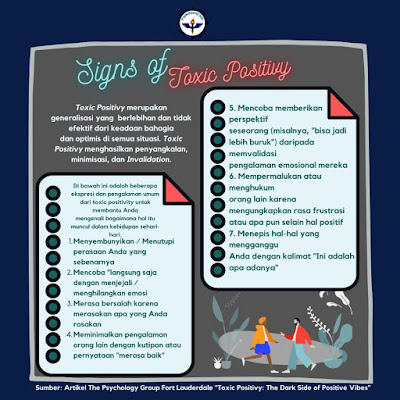 At that point, it’s important to get help, to get treatment, to heal yourself and break the cycle.
At that point, it’s important to get help, to get treatment, to heal yourself and break the cycle.
Seek support
“Seeking help is important,” says Dr. Childs. “Find a good therapist who can help you process your feelings and emotions. Determine who you want to be and actively make changes.”
Change is possible, she adds. “You don’t have to be a product of your environment. It’s important to understand that you can heal and change.”
Advertising Policy
Set boundaries
Realizing you can heal and change is important, Dr. Childs says, but so is setting boundaries. “Parent’s don’t suddenly change and become nontoxic. You may have to distance yourself from them to heal and that can be a hard pill to swallow,” she says.
But, she adds, setting boundaries is exactly what you would do with any other toxic person in your life, so it should be the same with family. “We have to let them know what’s appropriate and what’s not because boundaries will help you heal. ”
It can be difficult, too, she says, because toxic people often don’t like it when boundaries are set. And while setting boundaries with people outside the family can be hard, setting boundaries with parents can be harder. “Parents are the most difficult boundaries because they gave birth to you, they know what buttons to push,” she points out.
Talking to a trusted friend as you set those boundaries can help give you the necessary emotional support and motivation to stick to your new boundaries. “They will become upset but that means it’s working,” Dr. Childs says. “If they can’t respect those boundaries, we have to love them from a distance. That allows us to be free from their toxicity.”
Focus on yourself
Part of the healing process, according to Dr. Childs, is also focusing on yourself. With boundaries set and a support system in place, you can truly look at how you want to change and move forward. “You have to recognize this is not your fault and you can change, you can work on being better and being the person you truly want to be,” she says.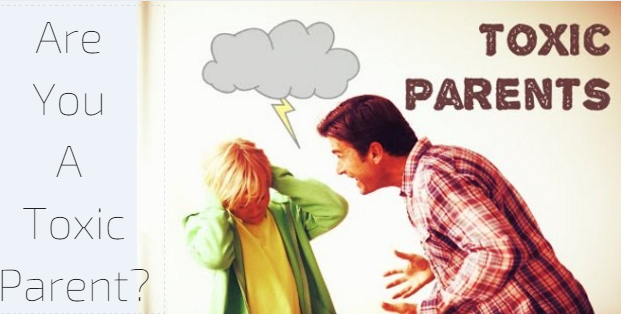
“If you don’t like something about yourself,” she adds, “you can sit, reflect on who you are, reflect on the characteristics of yourself you love and focus on what you think needs improvement. And recognize that you are not your parents.”
6 types of toxic parents and how to deal with them correctly
February 27, 2021 Relationship
If someone is destroying your life, you can't sit back. Even if those people are your parents.
You can not only read this article, but also listen to it. If it's more convenient for you, turn on the podcast.
Susan Forward
PhD, psychotherapist, author of Toxic Parents, Men Who Hate Women and Women Who Love Them, Emotional Blackmail. nine0003
Toxic parents hurt, abuse, humiliate, harm their children. And not only physical, but also emotional. They continue to do this even when the child becomes an adult.
1. Infallible parents
Such parents perceive children's disobedience, the slightest manifestations of individuality as an attack on themselves, and therefore they defend themselves.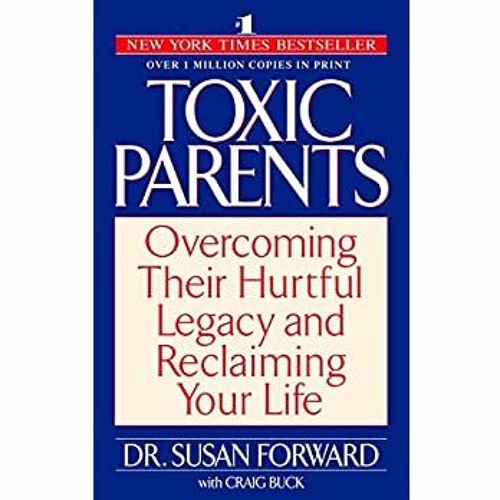 They insult and humiliate the child, destroy his self-esteem, hiding behind the good goal of "tempering character." nine0003
They insult and humiliate the child, destroy his self-esteem, hiding behind the good goal of "tempering character." nine0003
How the effect manifests itself
Usually the children of infallible parents consider them perfect. They have psychological protection.
- Negative. The child invents another reality in which his parents love him. Denial provides temporary relief, which is costly: sooner or later it results in an emotional crisis.
Example: "Actually, my mother does not insult me, but she does better: she opens her eyes to the unpleasant truth." - Desperate hope. Children cling with all their might to the myth of perfect parents and blame themselves for all misfortunes.
Example: "I am not worthy of a good relationship, mom and dad want the best for me, but I don't appreciate it." - Rationalization. This is a search for good reasons that explain what is happening in order to make it less painful for the child.

Example: "My father beat me not to hurt me, but to teach me a lesson."
What to do
Realize that it is not your fault that your parents constantly turn to insults and humiliation. Therefore, it makes no sense to try to prove something to toxic parents.
A good way to understand the situation is to look at what happened through the eyes of an outside observer. This will allow you to realize that parents are not so infallible, and rethink their actions.
2. Inadequate parents
It is more difficult to determine the toxicity and inadequacy of parents who do not beat or abuse the child. Indeed, in this case, harm is caused not by action, but by inaction. Often such parents themselves behave like powerless and irresponsible children. They make the child grow up faster and meet their needs. nine0003
How the impact manifests itself
- The child becomes a parent to himself, younger brothers and sisters, his own mother or father.
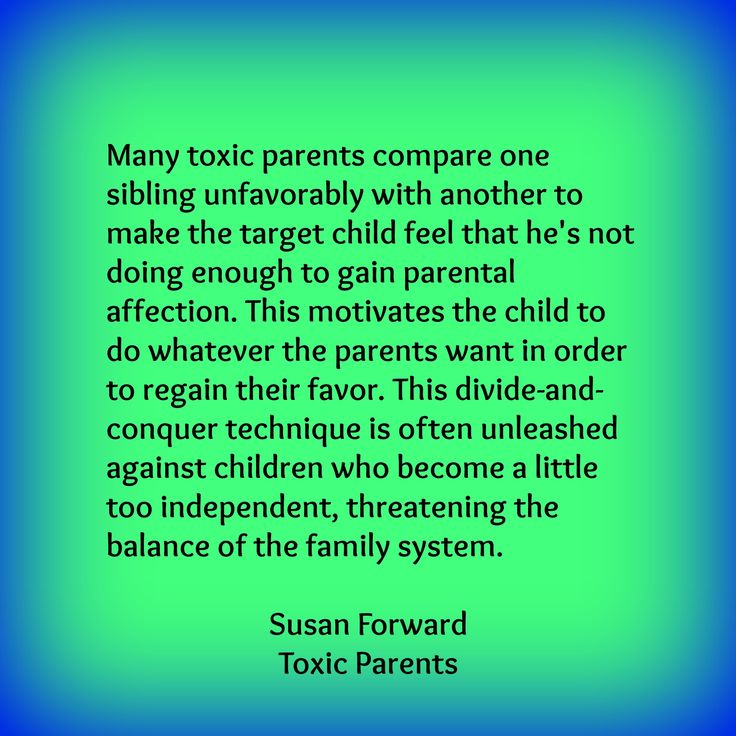 He loses his childhood.
He loses his childhood.
Example: "How can you ask to go out when your mother doesn't have time to wash everything and cook dinner?" - Victims of toxic parents experience feelings of guilt and despair when they cannot do something for the good of the family.
Example: “I can't put my little sister to bed, she cries all the time. I'm a bad son." nine0029 - The child may lose emotions due to lack of emotional support from parents. As an adult, he experiences problems with self-identification: who he is, what he wants from life and love relationships.
Example: “I entered a university, but it seems to me that this is not the specialty that I like. I don't even know who I want to be."
What to do
Household chores should not take the child more time than studying, playing, walking, talking with friends. It is difficult to prove this to toxic parents, but it is possible. Operate with facts: “I will not study well if cleaning and cooking are only on me”, “The doctor advised me to spend more time outdoors and play sports. ” nine0003
” nine0003
3. Controlling parents
Excessive control can look like caution, discretion, care. But toxic parents in this case only care about themselves. They are afraid of becoming unnecessary, and therefore they make sure that the child depends on them as much as possible, feels helpless.
Favorite phrases of toxic controlling parents:
- "I am doing this solely for you and your benefit."
- "I did this because I love you very much." nine0029
- "Do this or I won't talk to you anymore."
- "If you don't do this, I'll have a heart attack."
- "If you don't do it, you will cease to be a member of our family."
All this means one thing: "I am doing this because the fear of losing you is so great that I am ready to make you unhappy."
Parents-manipulators who prefer hidden control do not get their way with direct requests and orders, but on the sly, forming a sense of guilt. They provide "disinterested" help, which forms a sense of duty in the child. nine0003
nine0003
How the impact manifests itself
- Children controlled by toxic parents become overly anxious. They lose the desire to be active, to explore the world, to overcome difficulties.
Example: "I'm very afraid of traveling by car because my mother always said it was very dangerous." - If a child tries to argue with his parents, to disobey them, this threatens him with a sense of guilt, his own betrayal.
Example: “I stayed overnight with a friend without permission, the next morning my mother fell ill with a heart condition. I will never forgive myself if something happens to her." nine0029 - Some parents love to compare their children with each other, to create an atmosphere of anger and jealousy in the family.
Example: “Your sister is much smarter than you, what are you born into?”. - The child constantly feels that he is not good enough, he strives to prove his worth.
Example: “I always aspired to become like my older brother, and even went to medical school like him, although I wanted to become a programmer.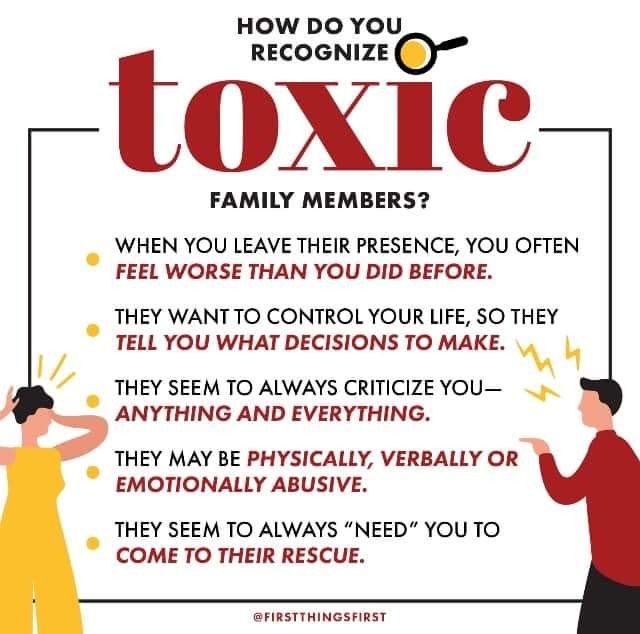 ”
”
What to do
Get out of control without fear of consequences. As a rule, this is a simple blackmail. When you realize that you are not part of your parents, you will no longer depend on them.
4. Alcoholic parents
Alcoholic parents usually deny that there is a problem at all. A mother, suffering from her husband's drunkenness, shields him, justifies the frequent use of alcohol by the need to relieve stress or problems with the boss.
The child is usually taught that dirty linen should not be taken out of the hut. Because of this, he is constantly tense, lives in fear of accidentally betraying his family, revealing a secret. nine0003
How the impact manifests itself
- Children of alcoholics often become lonely. They do not know how to build friendships or love relationships, they suffer from jealousy and suspicion.
Example: "I'm always afraid that my loved one will bring me pain, so I don't start a serious relationship. "
" - In such a family, a child can grow up to be hyper-responsible and unsure of himself.
Example: “I used to help my mother put my drunk father to bed. I was scared that he would die, I was worried that there was nothing I could do about it.” nine0029 - Another toxic effect of such parents is the transformation of the child into "invisibility".
Example: “Mother tried to wean her father from drinking, she coded him, she was constantly looking for new medicines. We were left to ourselves, no one asked if we ate, how we study, what we are fond of. - Children suffer from feelings of guilt.
Example: “As a child, I was constantly told: “If you behaved well, dad would not drink.”
According to statistics, every fourth child from a family of alcoholics becomes an alcoholic himself. nine0003
What to do
Don't take responsibility for your parents drinking. If you can convince them that there is a problem, chances are they will consider coding.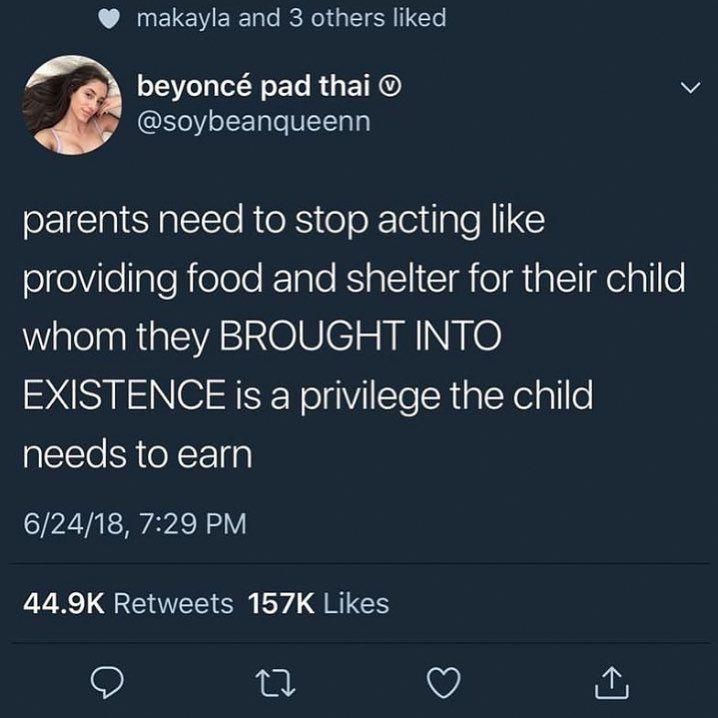 Communicate with prosperous families, do not let us convince ourselves that all adults are the same.
Communicate with prosperous families, do not let us convince ourselves that all adults are the same.
5. Humiliating parents
Such parents constantly insult and criticize the child, often unreasonably, or make fun of him. It can be sarcasm, ridicule, offensive nicknames, humiliation that is passed off as caring: “I want to help you get better”, “We need to prepare you for a cruel life.” Parents can make the child an "accomplice" in the process: "He understands that this is just a joke." nine0003
Sometimes humiliation is associated with a sense of competition. Parents feel that the child gives them unpleasant emotions, and turn on the pressure: “You can’t do better than me.”
How impact manifests itself
- This attitude kills self-esteem and leaves deep emotional scars.
Example: “For a long time I couldn't believe I could do anything more than take out the trash, as my father used to say. And I hated myself for it." - Children of rival parents pay for their peace of mind by sabotaging their success.
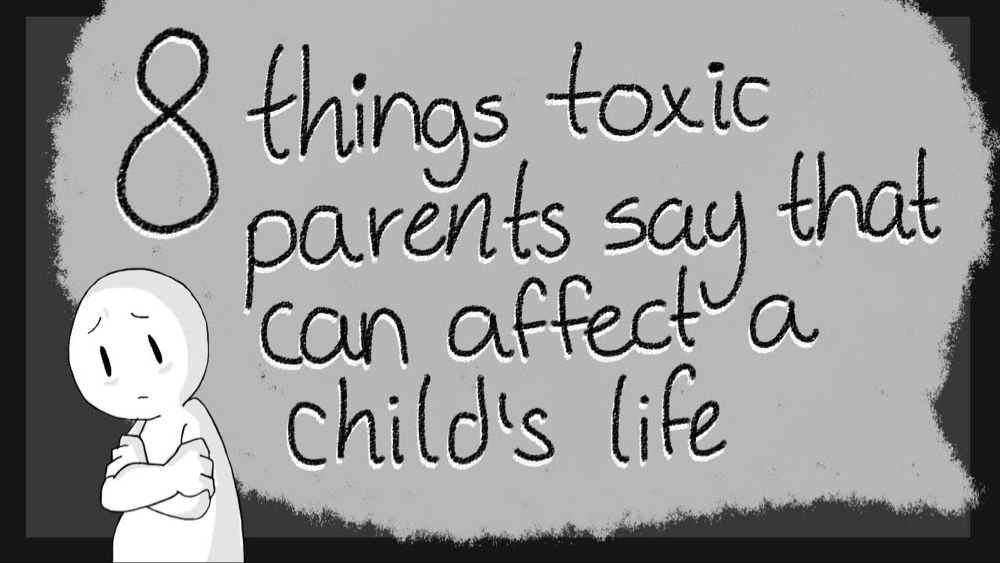 They prefer to underestimate their real abilities.
They prefer to underestimate their real abilities.
Example: “I wanted to participate in the street dance competition, I prepared well for it, but I didn't dare to try it. Mom always said I couldn't dance like her." - Violent verbal attacks can be driven by the unrealistic expectations adults place on the child. And it is he who suffers when the illusions collapse. nine0026 Example: “Dad was sure that I would become a great hockey player. When I was once again expelled from the section (I did not like and did not know how to skate), he called me worthless and incapable of anything for a long time.
- The failures of children in toxic parents usually lead to the apocalypse.
Example: “I kept hearing: ‘I wish you hadn’t been born. And this is due to the fact that I did not take first place at the Mathematics Olympiad.”
Children who grow up in such families often have suicidal tendencies. nine0003
What to do
Find a way to block insults and humiliation so they don't hurt you. Don't let us seize the initiative in the conversation. If you answer in monosyllables, do not succumb to manipulation, insults and humiliation, toxic parents will not achieve their goal. Remember: you don't have to prove anything to them.
Don't let us seize the initiative in the conversation. If you answer in monosyllables, do not succumb to manipulation, insults and humiliation, toxic parents will not achieve their goal. Remember: you don't have to prove anything to them.
End communication when you want it. And preferably before you begin to feel unpleasant emotions.
6. Abusers
Parents who consider violence the norm were most likely brought up in the same way. For them, this is the only opportunity to throw out anger, cope with problems and negative emotions. nine0003
Physical abuse
Proponents of corporal punishment usually take out their fears and complexes on children or sincerely believe that spanking will benefit education, make the child courageous and strong. In reality, the opposite is true: physical punishment inflicts the strongest mental, emotional and bodily harm.
Sexual abuse
Susan Forward characterizes incest as "an emotionally destructive betrayal of the basic trust between child and parent, an act of total perversion.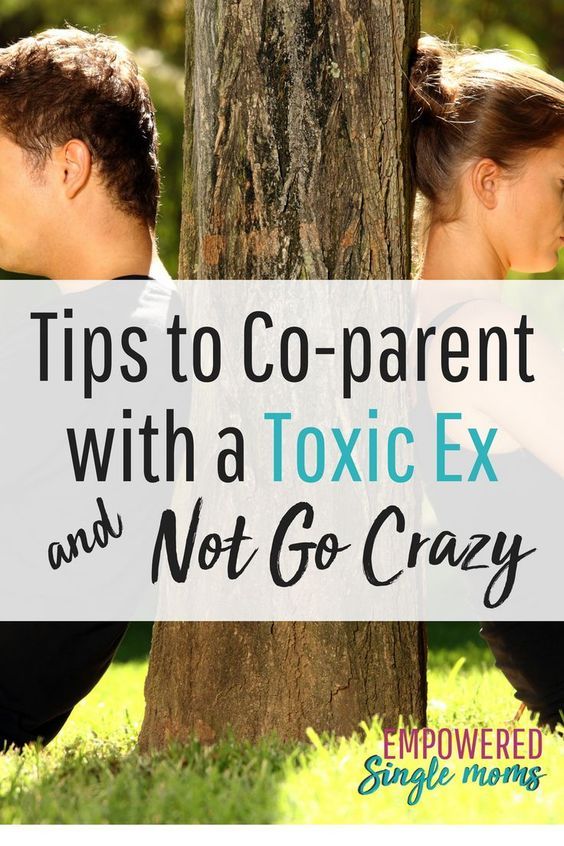 " The little victims are at the mercy of the aggressor, they have nowhere to go and no one to ask for help. nine0003
" The little victims are at the mercy of the aggressor, they have nowhere to go and no one to ask for help. nine0003
90% of child survivors of sexual abuse do not tell anyone about it.
How the impact manifests itself
- The child experiences a feeling of helplessness and despair, because asking for help can be fraught with new outbursts of anger and punishment.
Example: “I didn't tell anyone about my mother's beating until I was almost an adult. Because I knew no one would believe me. She explained the bruises on my legs and arms by the fact that I like to run and jump.” nine0029 - Children begin to hate themselves, their emotions are constant anger and revenge fantasies.
Example: “I couldn't admit it to myself for a long time, but as a child I wanted to strangle my father while he was sleeping. He beat my mother, younger sister. I'm glad they got him." - Sexual abuse does not always involve contact with a child's body, but it is no less destructive.
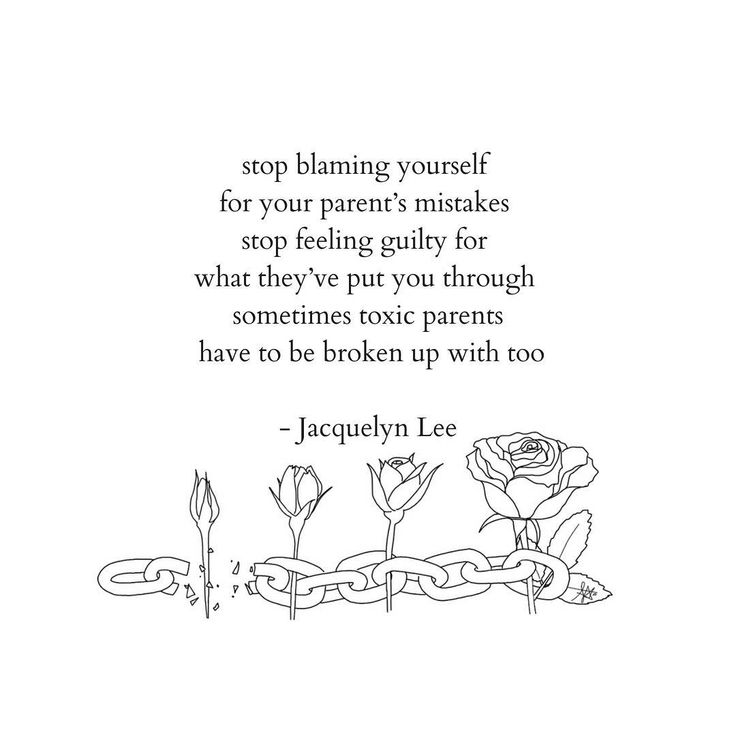 Children feel guilty about what happened. They are ashamed, they are afraid to tell someone about what happened.
Children feel guilty about what happened. They are ashamed, they are afraid to tell someone about what happened.
Example: “I was the quietest student in the class, I was afraid that my father would be called to school, the secret would be revealed. He intimidated me: he constantly said that if this happens, everyone will think that I have lost my mind, they will send me to a psychiatric hospital. - Children keep the pain in themselves so as not to break up the family.
Example: “I saw that my mother loves my stepfather very much. Once I tried to hint to her that he treats me “in an adult way”. But she burst into tears so much that I didn’t dare to talk about it anymore. ” nine0029 - A child abuse survivor often leads a double life. He feels disgusting, but pretends to be a successful, self-sufficient person. He cannot build normal relationships, considers himself unworthy of love. This is a wound that takes a very long time to heal.
Example: “I always considered myself 'dirty' because of what my father did to me as a child.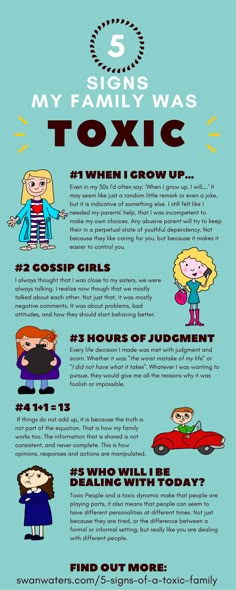 I decided to go on a first date after 30 years, when I went through several courses of psychotherapy.
I decided to go on a first date after 30 years, when I went through several courses of psychotherapy.
What to do
The only way to escape from a rapist is to distance yourself, to run away. Do not close in on yourself, but seek help from relatives and friends who you can trust, seek help from psychologists and the police.
How to deal with toxic parents
1. Accept this fact. And understand that you are unlikely to be able to change your parents. But myself and my attitude to life - yes.
2. Remember that their toxicity is not your fault. You are not responsible for how they behave. nine0003
3. Communication with them is unlikely to change, so keep it to a minimum. Start a conversation, knowing in advance that it may end unpleasantly for you.
4. If you have to live with them, find a way to let off steam. Go to the gym for workouts. Keep a diary, describe in it not only bad events, but also positive moments to support yourself.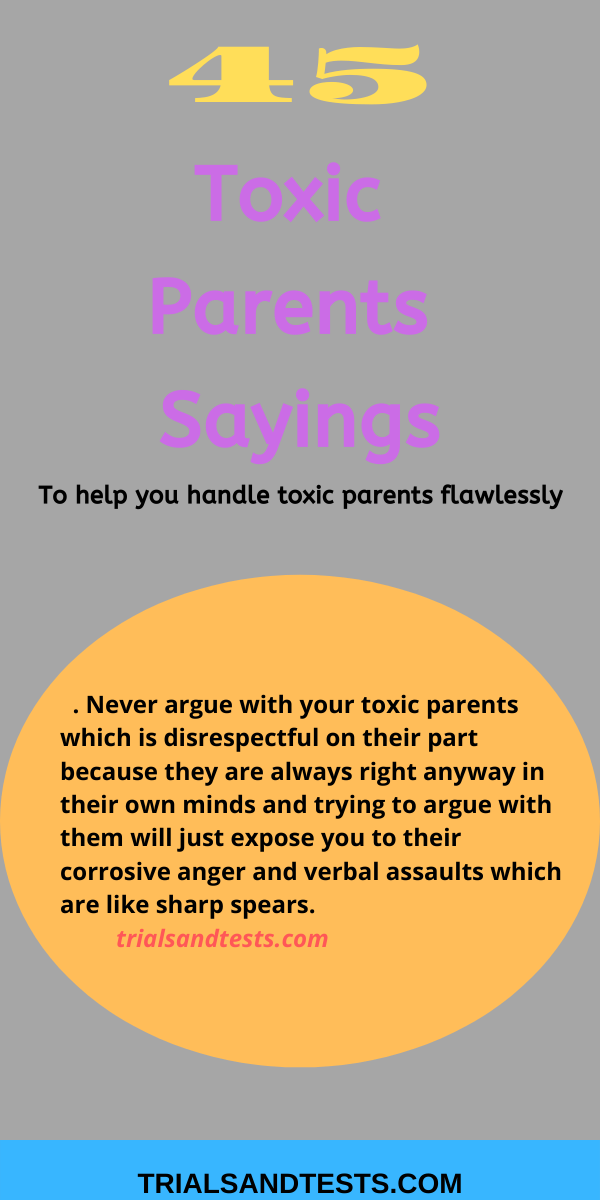 Read more literature about toxic people.
Read more literature about toxic people.
5. Do not look for excuses for the actions of your parents. Your well-being should be a priority. nine0003
Read also 🧐
- Gender-toxic people: who they are and how to communicate with them
- Separation: how to separate from parents
- Why parents hurt us and how to deal with it
10 signs of toxic parents - Blog - Clear they could develop and cultivate self-respect,” writes psychotherapist Susan Forward. Toxic relationships with parents, on the contrary, unbalance, make children despise themselves and live with a constant sense of guilt. We understand how such relationships work and how the child of toxic parents feels. nine0008
How do you know if your parents are toxic?
Toxic parents are people who feel bad around them and feel bad themselves. They are unable to cope with their pain and dump it on the child in the form of threats, manipulation, devaluation.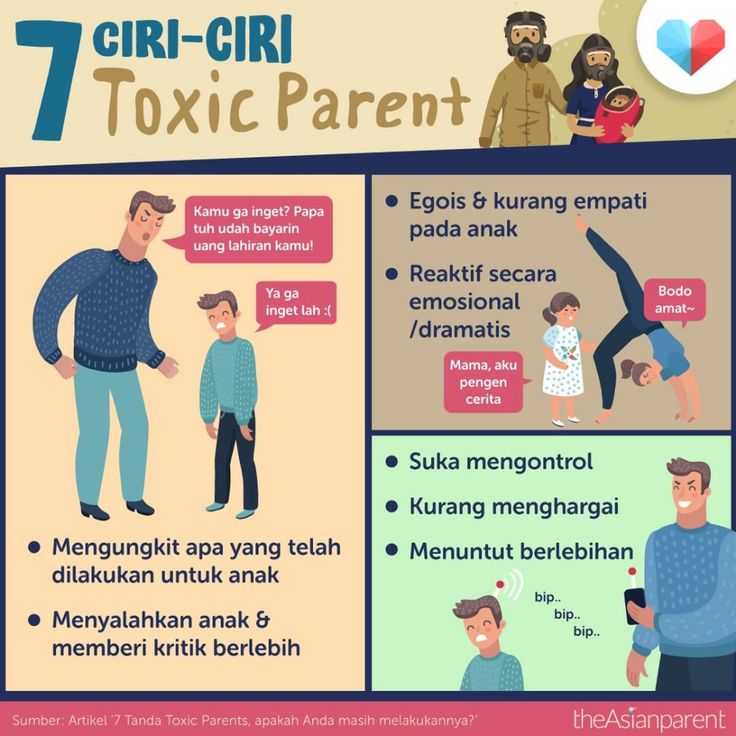 In essence, toxic communication is an attempt to address your pain to another person, but since feelings are not recognized, the message is ambiguous. Young children do not understand the subtext, but they read the emotional charge of the phrase very well. nine0003
In essence, toxic communication is an attempt to address your pain to another person, but since feelings are not recognized, the message is ambiguous. Young children do not understand the subtext, but they read the emotional charge of the phrase very well. nine0003
Most often, toxic parents themselves were victims of psychological abuse in childhood and “through the chain” transmit distorted ideas about what care, support and love look like. Unfortunately, they do not know how to do otherwise and are rarely ready to change something.
The way parents interact with their children reveals their own psychological history. Traumas, defenses, distorted attitudes and internal conflicts of the parents themselves are always hidden behind toxic phrases.
1. Adults do not allow the child to make decisions and make choices. They do not respect his boundaries: they enter without knocking, check correspondence, forbid making friends with “inappropriate” children.
How does an adult feel? Fear of losing control.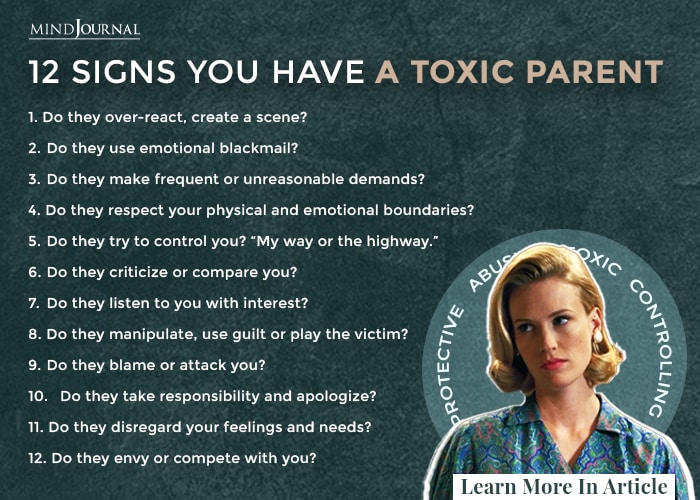 Such a person feels confidence and own value only by suppressing those who are weaker. Any manifestation of independence is perceived as a threat to authority.
Such a person feels confidence and own value only by suppressing those who are weaker. Any manifestation of independence is perceived as a threat to authority.
What happens to the child? He lives with the feeling that his opinions and desires do not matter. Often such people grow up weak-willed, not ready to be responsible for their own choice. They do not know how to hear their desires, do not trust themselves. nine0003
2. A parent always knows best.
How does an adult feel? Fear of loneliness and desire to control at least one area of your life. Such an adult does not feel his own boundaries and is often in a co-dependent relationship. It seems to the mother that she knows better what the child wants, she seeks to please and anticipate his desires. The consequences of such treatment are best described in the anecdote “Mom, am I cold or hungry?”
What happens to the child? nine0008 A child's own self is stolen.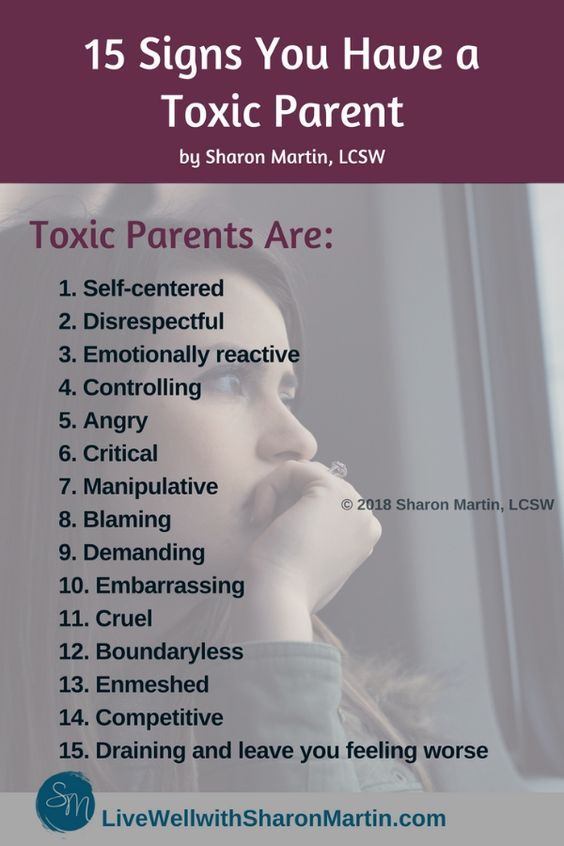 He does not seem to have a psychic space in which at least some kind of aspiration could arise. He can not always distinguish his own desires from his parents. He does not need to overcome difficulties in order to achieve something. A person grows up with the awareness of his own helplessness, and at the same time there is a lot of rage in him against his overprotective parents.
He does not seem to have a psychic space in which at least some kind of aspiration could arise. He can not always distinguish his own desires from his parents. He does not need to overcome difficulties in order to achieve something. A person grows up with the awareness of his own helplessness, and at the same time there is a lot of rage in him against his overprotective parents.
3. Adults openly criticize the appearance of the child or his habits, shame him for his actions, impose invented norms. nine0253
How does an adult feel? Shame and, as a result, fear of condemnation and rejection. The encounter with one's own shame is so painful that the parent looks for the source of shame anywhere but in himself.
What happens to the child? A child who is often shamed considers himself unworthy of attention. He either tries to earn parental love, or withdraws into himself, believing in his own uselessness.
4. Parents devalue the achievements of the child, often comparing him with other children or with himself in childhood.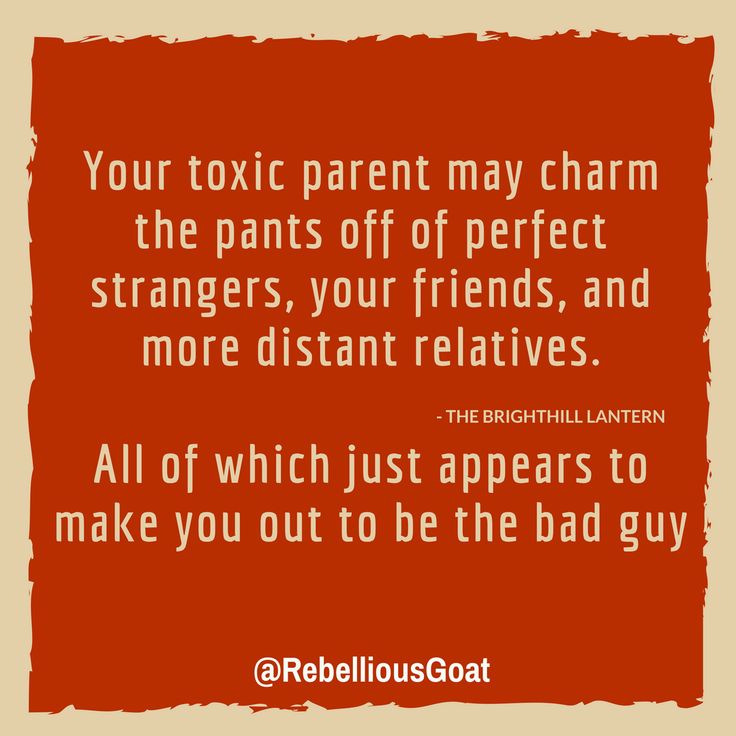 nine0253
nine0253
How does an adult feel? Unsatisfied ambitions, shame for one's own failure, fear of exposure. The child is simultaneously broadcast two messages: “I didn’t succeed - so at least you succeed” and “You cannot be better than me.” The child in this case is not perceived as a separate person, but only as a narcissistic extension of the parent or, worse, his competitor.
What happens to the child? His needs and abilities are not taken into account. The child thinks that the parents do not like him the way he is. Its task is to reach the parent standard. He tries to prove to the parent that he is worthy of his love and approval. nine0003
5. Adults forbid a child to show certain feelings: get angry, cry, rejoice too much.
How does an adult feel? Fear of facing one's own vulnerability.
What happens to the child? The child feels uncomfortable, ashamed of his feelings. He learns to suppress aggression and other "inappropriate" behavior in order to conform to parental ideas of "normal".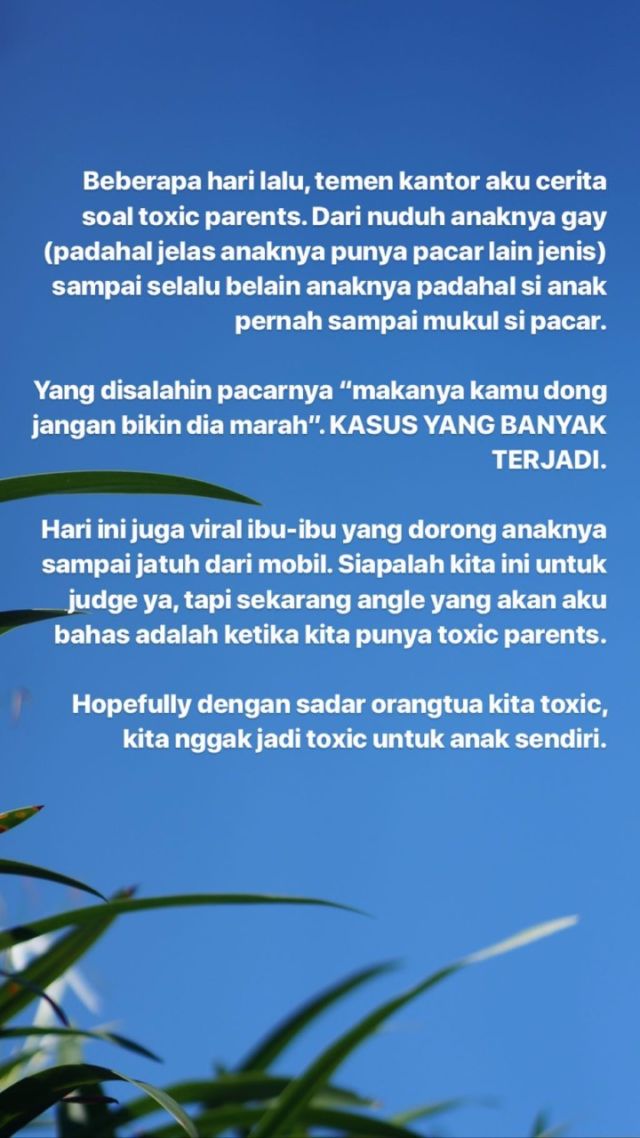
6. A child is the meaning of life. Parents are overly helpful, they make themselves indispensable in the lives of children. nine0253
How does an adult feel? Fear of loneliness, despair and disappointment, loss of meaning. This is one of the most insidious types of psychological abuse: it masquerades as care, although its ultimate goal is to make the child completely dependent on the parent.
What happens to the child? The child is taught that he owes everything to his parents, he cannot take a step without them. Such a person grows up dependent, lost, not ready to make decisions. nine0003
7. Parents change emotional roles with the child, make him an ally in confrontation with other relatives.
How does an adult feel? Powerlessness, inability to resolve the conflict on their own. The child is made a kind of family diplomat, shifting the responsibility for resolving disputes to him.
What happens to the child? The child takes on the role of an adult, develops the ability to anticipate emotions, smooth them out, learns to deceive and use people.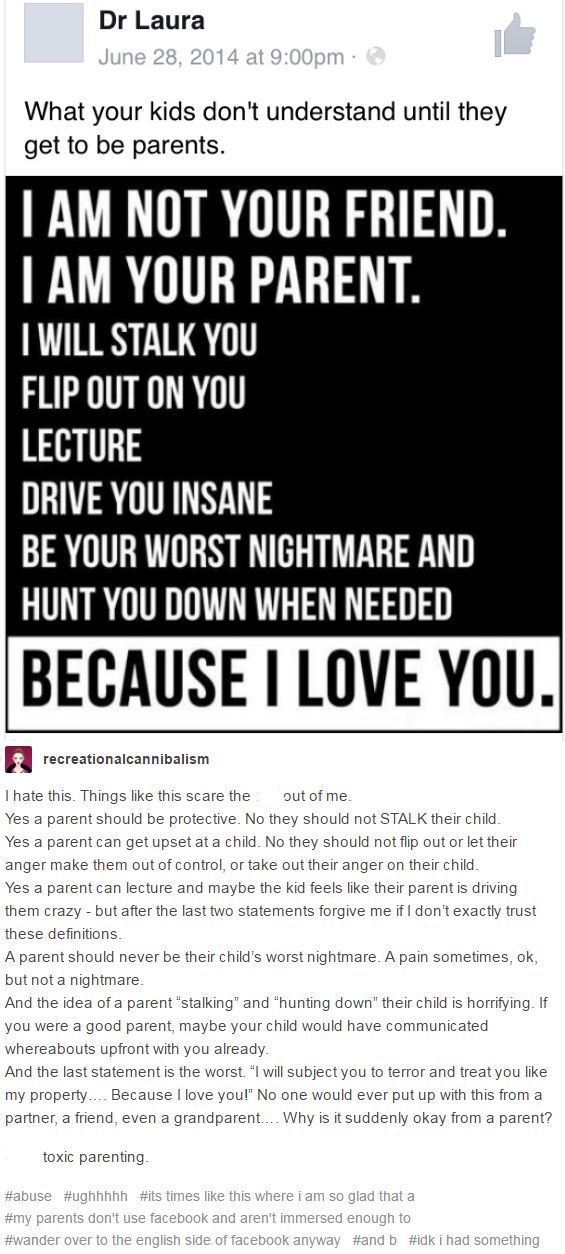 nine0003
nine0003
8. Adults set conditions, manipulate with accusations, blackmail, money. The child is not allowed to object to the parents.
How does an adult feel? Despair, fear of losing control. Parents go to extremes from impotence. He abuses the affection and dependence of the child.
What happens to the child? He is afraid of being rejected, feels powerless. He thinks that attachment is unreliable and can end at any moment. He wants to urgently make amends to get rid of this fear. nine0003
9. Adults make children responsible for their well-being or mood.
How does an adult feel? Lost. Such an adult does not know how to contain his own emotions - he places them in a child.
What happens to the child? Too much responsibility is placed on him, which he should not bear. He is essentially being deprived of the right to be a child.
10. Adults accuse the child of selfishness.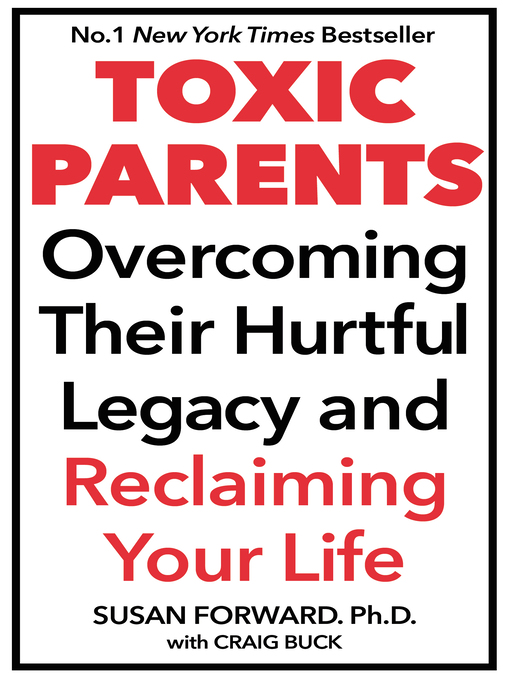 nine0253
nine0253
How does an adult feel? Fear of being ignored. Such parents believe that the child should think about their interests. Perhaps they were ignored in childhood, and they want to completely own the attention of the child.
What happens to the child? He is forced to push his needs to the background and build his whole life around the needs of his parents.
These cases are almost harmless if they happen once. But if a child is systematically neglected, it takes root in the child's psyche and affects the way he interacts with the world. Psychotherapist Nancy McWilliams describes these processes as follows: “If the primary source of knowledge for the child is a caregiver who is himself deeply disturbed and primitively defensive, who, leaving attempts to feel safe or meaningful, uses words not to express true feelings, but to manipulate, then the child's subsequent relationships with people cannot be undisturbed." nine0003
What to do? How to deal with toxic parents?
Adult children of toxic parents are always trying to find explanations for what is happening, trying to make it less painful. Blaming yourself is easier than realizing the horrific fact that you were neglected by your parents. It is hard to believe that the person you trust unconditionally is actually ignoring your feelings, competing with you, using you for selfish purposes. Accepting blame for abuse is a way for a child of toxic parents to survive. He is forced to play by the rules that adults impose on him. nine0003
Blaming yourself is easier than realizing the horrific fact that you were neglected by your parents. It is hard to believe that the person you trust unconditionally is actually ignoring your feelings, competing with you, using you for selfish purposes. Accepting blame for abuse is a way for a child of toxic parents to survive. He is forced to play by the rules that adults impose on him. nine0003
In psychotherapy, it takes a client a lot of time to admit that the closest people treated him unfairly in childhood. The next task is to stop taking the phrases of toxic parents personally and learn to see what fears are behind these words. The relationship with the therapist gives the client a sense of secure attachment. The client gradually learns to trust his perception of reality, ceases to seek the approval of his parents and embarks on the path of separation.
Toxic Parents by Susan Forward has a great line: “You are not responsible for what your parents did to you as a child.
